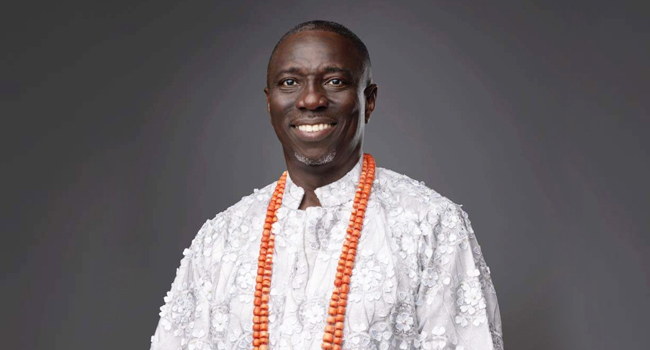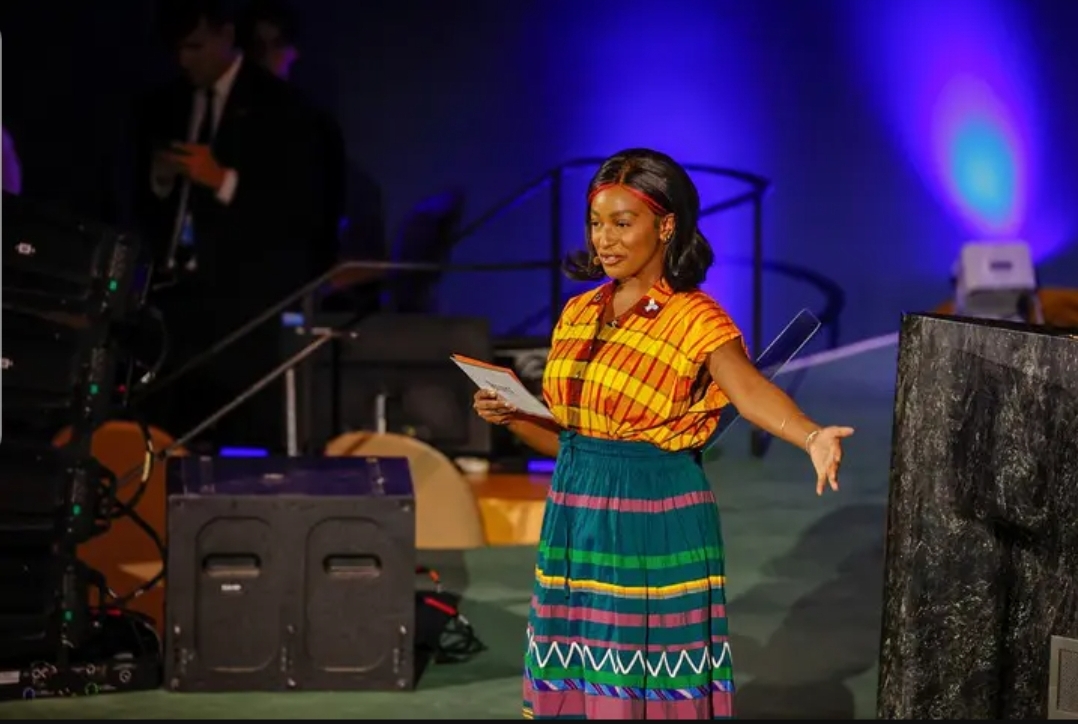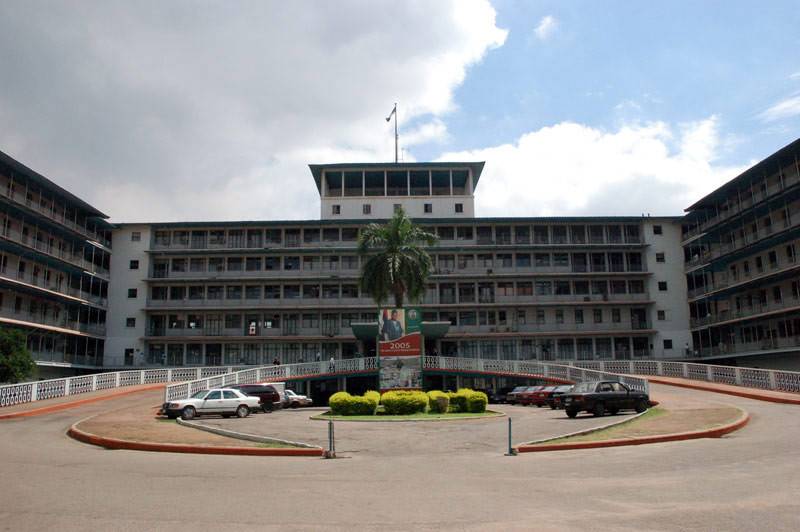The International Monetary Fund (IMF) has affirmed that the Nigerian naira is currently facing substantial pressure and has indicated Nigeria’s ability to seek a loan from the Fund to stabilize its currency if deemed necessary.
While acknowledging the recent exchange reforms and measures implemented by Nigerian authorities, the Washington-based financial institution expressed its support for the decision by the Central Bank of Nigeria, led by Olayemi Cardoso, to lift the eight-year foreign exchange ban on key commodities such as cement, rice, poultry products, and 40 other items. This restriction had been imposed by the previous administration of the Central Bank of Nigeria in 2015.
These statements were made at the World Bank Group/International Monetary Fund Meeting held in Marrakech, Morocco.
The IMF highlighted the challenge of inflation in Nigeria, citing a persistently high rate of 26 percent in August, and the continued pressure on the naira.
The local currency has faced significant depreciation, falling from approximately 450 naira to the dollar to an average of 760 naira per dollar following the exchange reforms implemented during President Bola Tinubu’s tenure. At the parallel market, the naira has further depreciated, reaching 1045 naira per dollar on a recent trading day.
The IMF emphasized the need for tightening monetary policy by raising the Monetary Policy Rate and addressing excess liquidity in the naira. The institution also called for greater transparency regarding the dollar obligations of the Central Bank of Nigeria to enhance confidence in the foreign exchange market.
A report by JP Morgan estimated the Central Bank of Nigeria’s forward contract obligations to be $6.8 billion, although some stakeholders suggest the figure might be even higher.
Responding to inquiries from The PUNCH regarding the possibility of the IMF providing a dollar loan to support the naira, the Fund stated, “Nigeria is facing high inflation of 26 percent year-on-year in August and pressure on the naira. In June, the authorities unified the different official exchange rate windows. This was a welcome step as it will help strengthen the functioning of the foreign exchange market. We also welcome the CBN’s recent decision to lift the ban on the 43 items previously restricted from accessing foreign exchange from the official window. This is a positive step in the direction of a shift to a market-determined exchange rate regime.”
The IMF further emphasized, “the authorities should urgently tighten monetary policy and take measures to ensure markets maintain full confidence in the Central Bank of Nigeria. Tightening monetary policy will have to include raising the Monetary Policy Rate and mopping up excess naira liquidity. Market confidence will benefit from more clarity on Central Bank of Nigeria dollar obligations.”
The IMF concluded that Nigeria, as a member country of the Fund, has the opportunity to seek IMF financing to address external imbalances but clarified that Nigerian authorities have not yet approached the IMF with a financing request.
Additionally, the IMF expressed confidence in the new leadership of the Central Bank of Nigeria, under the guidance of Governor Cardoso, and the new Minister of Finance and Coordinating Minister of the Economy, Wale Edun. Both officials have outlined their strategies for boosting economic growth and enhancing fiscal initiatives to increase tax revenue while reducing waivers.
The CBN governor, Cardoso, intends to review foreign exchange market policies, the central bank’s corporate governance practices, and monetary policies to align the apex bank with its core mandates. The newly formed leadership team is currently conducting a comprehensive assessment of the challenges facing the central bank, with the intention to reform its role as a catalyst for economic growth and development.
A document titled “Preliminary Assessment of Challenges Facing the Central Bank of Nigeria” outlines the issues facing the CBN and introduces high-level proposals for reform. Cardoso stressed the need for evidence-based monetary policies and the discontinuation of unorthodox monetary policies, foreign currency management, and unorthodox use of Ways and Means spending.
To address the backlog of foreign exchange demand, the governor is exploring creative financing options. He also plans to place limits on the CBN’s fiscal side interventions and proposes responses to inflation and price stability challenges.
The document concludes with an assertion that a thorough review of the central bank’s policies and operations is essential to determine what mechanisms are working effectively, what requires adjustment, and what new tools need to be introduced.
As the Nigerian government pursues a set of fiscal reforms and growth targets aiming for a $1 trillion GDP within eight years, the IMF expresses confidence in the prospects of the nation’s economic trajectory, contingent on the faithful implementation of these proposed economic reforms.






